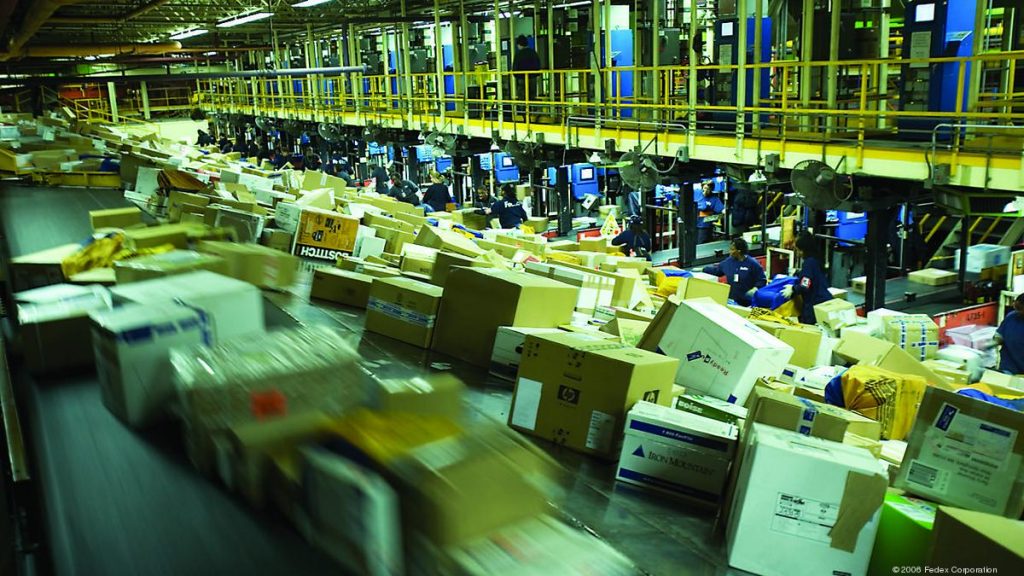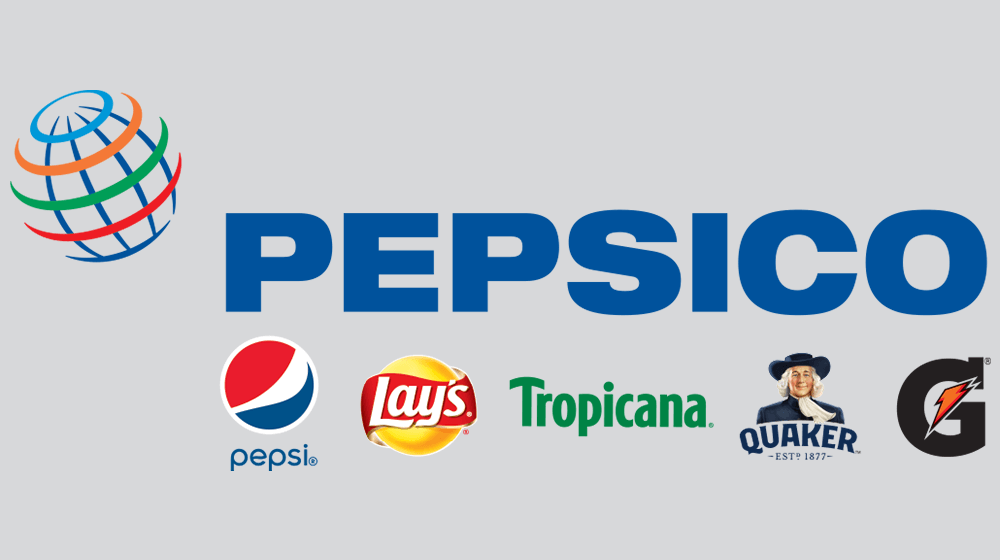FedEx Corporation, the U.S. MNC shipment American delivery services company is boosting its house shipment services as e-commerce products are getting bulkier that include items such as exercise devices and home enhancement products, which shoppers are purchasing online, thanks to a surge in sales due to the ongoing COVID pandemic.
The company is understood for its overnight shipping service and pioneering a system that might track packages and provide real-time updates on package place, a feature that has now been carried out by many other provider services. Its final -mile deliveries of large goods through its FedEx Direct service (operated by its FedEx Freight arm) have grown from 80% of the United States market to 90%, and to support this, the integrator is building five big package facilities and expanding 3 others.
FedEx, likewise one of the leading contractors for the United States federal government has traditionally discouraged the transportation of bulky products in their parcel networks, especially those that can not be dealt with by its conveyor systems.
Rival company UPS had revealed in the summer season an additional charge of $ 50 for big shipments and a whopping $250 for deliveries that exceed its optimum limitation. Just in 2015 FedEx introduced a pilot program for shipments of bulky online purchases and started to set up unique centers to manage this abundant traffic.
CEO of logistics consultancy Invest Management Professionals, John Haber concurs this type of traffic is simply too big and fast-growing to ignore. He further added that the pandemic had provided a sharp increase to the sector’s growth, as consumers purchased home office and workout devices and spent more on house improvement.
“Either they refuse this traffic or they discover a way to deal with it. If they decline it, they hand a competitive advantage to others,” stated Haber.
FedEx provided more than 750,000 large shipments between 1 June and 31 August, the duration when coronavirus was at its peak and the nation saw overall lockdowns.

Competition for the transport of bulky products has gained a lot of momentum and intensity. On Sept 16, Forward Air revealed the acquisition of CLW Delivery, a $20m-a-year trucking company, which specializes in final-mile and in-home setup, for $5.5 m. This was Forward Air’s fourth acquisition in this sector, which started with rival Towne in 2015.
Last month, non-asset transportation service provider AIT Worldwide Logistics introduced “an affordable big parcel shipment service” throughout the US. A lot of players are moving into this space,” Haber said. “Everyone is attempting to come up with a solution.” But FedEx and UPS still don’t desire big, bulky shipments in their parcel networks, and the FedEx Direct service through FedEx Freight is an effort to solve this conundrum, he added.
The old set-up was unwieldy, Mr. Haber discussed: “With FedEx, at one point you could have four different pick-ups in a day. For a carrier, that implied having to separate the volumes and schedule four pick-ups.” While the expanded shipment of large products is a stab at this segment, it is not a full-blown effort to develop this company, he mentioned.
FedEx offers 2 service variations, with the standard alternative providing the item into the very first space in a house, and the 2nd to a room of the customer’s picking, plus the elimination of the product packaging. However, there is no set-up or setup included, which will reduce the service’s interest to numerous customers, thinks Haber. And nor are FedEx and UPS most likely to attempt to attract this organization with aggressive pricing, he included.
“They’re pricing it to generate income,” he stated, adding that the most recent round of additional charges targeted big B2C shippers and bulky deliveries.” The additional charges are not going to disappear. Profitability is an essential element of this,” he said in a concluding statement.















